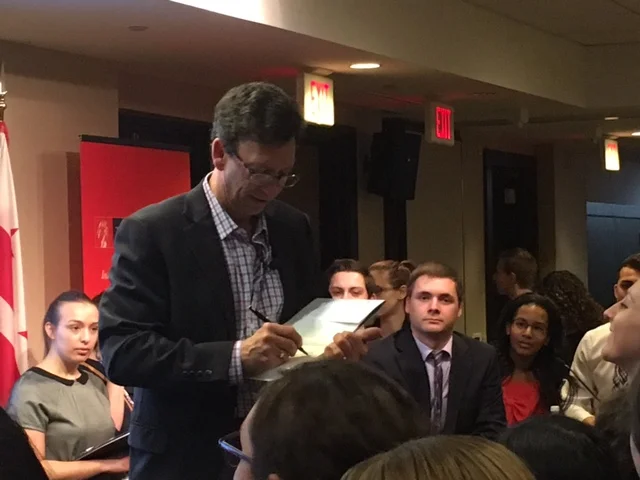Instant run off voting: from Maine to your state? by Nicky Riordan
Maine voters shook up their voting system in 2016 adopting instant runoff voting (IRV) through statewide referendum after a decade of related advocacy. Over night Maine became the largest and most prominent electoral market this system has been implemented in.
IRV allows voters to rank candidates from most to least preferred. Every vote counts for its first choice, and if one candidate wins more than half of the first-choices, she/he wins. If no candidate has a majority, then the candidate with the fewest first choices is eliminated. Voters then have their votes added to the totals of their next choice until one candidate reaches a majority.
The 2016 presidential election was decided primarily by four states (Florida, Pennsylvania, Michigan, Wisconsin) none of which provided Donald Trump with a majority of the vote. Turnout was low, while the first-past-the-post system continued to empower the two major parties by providing little incentive for minor parties to emerge, given their remote chance of securing a plurality.
Proponents of IRV argue the system increases turnout and moves candidates to the center to attract as many “second choices” as possible. Critics point to problems stemming from lack of familiarity, resulting in decreased turnout and increased disqualifying ballot errors. There are only about a dozen cities currently using IRV. The Maine experiment will provide Political Scientists with more data, enabling more definitive conclusions.
There is little doubt America’s election system is deeply flawed. IRV has yet to be employed statewide in a presidential election, but that is the next logical step. Look for states to experiment more as hyper-partisanship prevents any federal consensus for widespread reform.
Nicky Riordan, M.A. Peace and Justice Studies, is Public Policy Manager at Feeding San Diego






